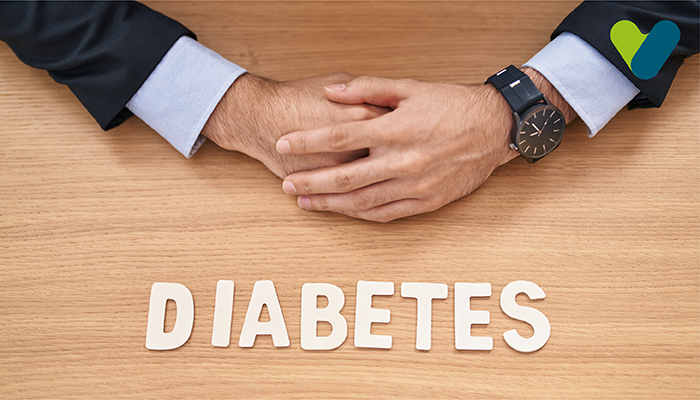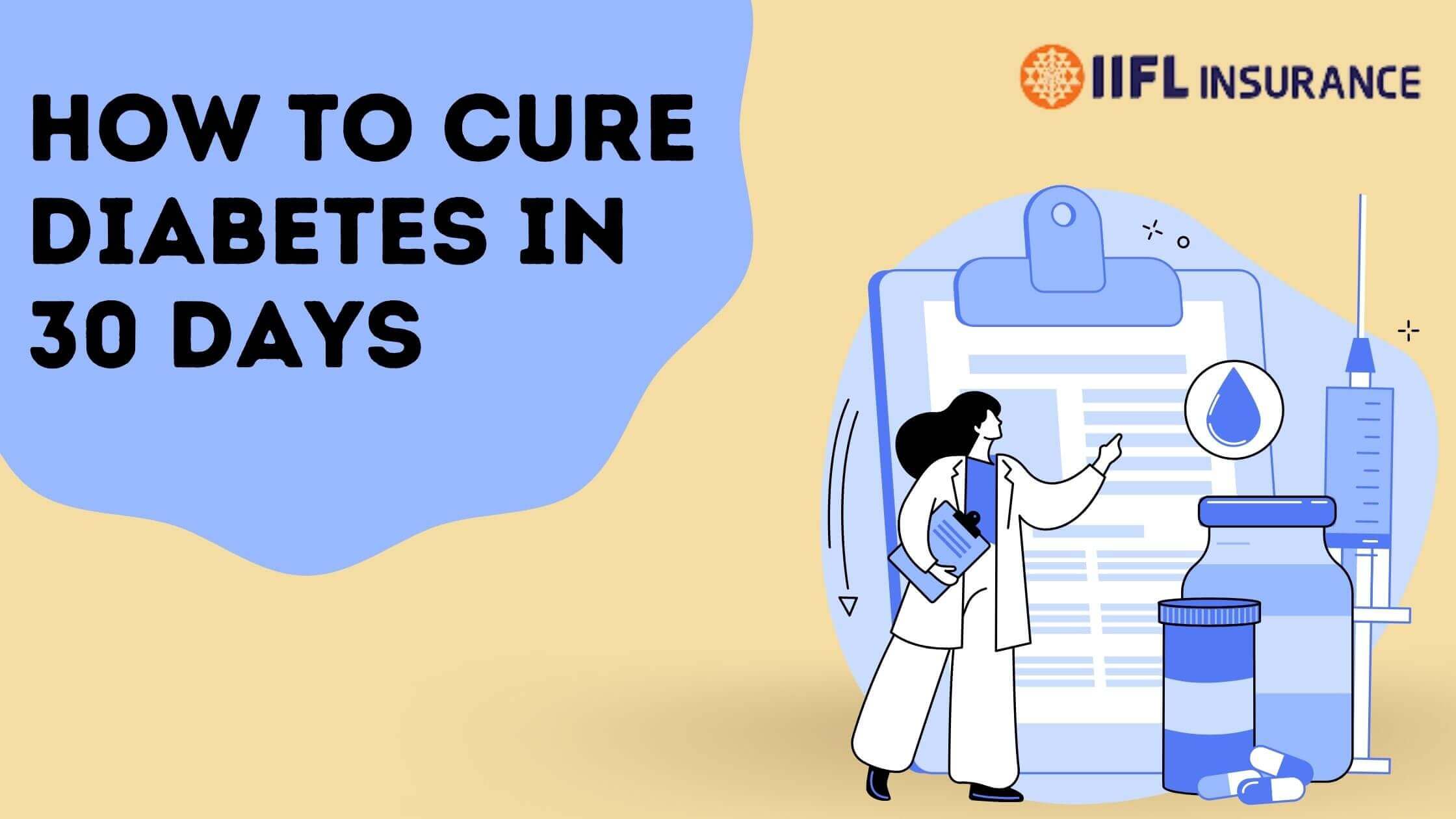Diabetes is a metabolic disease that develops when blood glucose is too high, also called blood sugar. Blood glucose is the main origin of energy and comes from the food you eat. The hormone insulin transfers sugar from the blood into cells to be stored or used for energy. With diabetes symptoms, the body doesn’t form enough insulin or can’t use effectively the insulin it does make.
Glucose reaches in the blood and also doesn’t reach cells. Moreover, having more glucose in blood can cause health problems. Though diabetes has no permanent remedy or cure, you can take steps to manage diabetes and stay healthy. Remember that early diabetes symptoms can help a timely diagnosis and prevent complications.
Symptoms of Diabetes Symptom
Mentioned below are the following diabetes symptoms that you can see your doctor about getting your blood sugar tested:- Urinate (pee) a lot, often at night
- Increased thirst
- Lose weight without trying
- Increased hunger
- Blurred vision
- Numb or tingling hands or feet
- Feel very tired
- Have very dry skin
- Sores that heal slowly
- More infections than usual
Symptoms of Type 1 Diabetes
Here are the symptoms of type-1 diabetes you have notice:- Weight loss. If your body can't acquire energy from your food, it will begin burning muscle and fat for energy instead. Even though you haven't changed how you eat, you can lose weight.
- Nausea and vomiting. When your body stops burning fat, it makes ketones. These can develop up in your blood to dangerous levels, a probably life-threatening condition called diabetic ketoacidosis.
Symptoms of Type 2 Diabetes
Here are symptoms of type-2 diabetes that your glucose has been high for a long time.- Yeast infections. Both men and women can suffer from this diabetes. Yeast feeds on glucose, having enough around makes it thrive. Infections can form in any warm, moist fold of skin, including:
- Between fingers and toes
- Under breasts
- In or around sex organs
- Slow-healing sores or cuts. Over time, high blood sugar can influence your blood flow and damage nerves that make it difficult for your body to heal wounds.
- Pain or numbness in your feet or legs. It is also an additional result of nerve damage.
Symptoms of Gestational Diabetes
Gestational diabetes (diabetes during pregnancy) usually doesn’t have symptoms. Your doctor should check you for gestational diabetes between 24 and 28 weeks of pregnancy if you’re pregnant. You can make any changes to protect your health and your baby’s health if needed.How do you know if you have diabetes symptoms?
- Many people are ignoring that they have diabetes, especially when symptoms may not be present in its early stages.
- If you have diabetes there is no specific way to know without undergoing blood tests to consider your blood glucose levels.
- If you have symptoms of diabetes see your doctor or are concerned about your diabetes risk.
What are the risk factors for diabetes?
Here are the various factors that increase your risk depending on the type of diabetes that develops.
Risk factors for Type 1 diabetes include:- Having a family history (parent or sibling).
- Injury on the pancreas (such as by infection, tumor, surgery, or accident).
- Being of autoantibodies (antibodies that mistakenly attack your own body’s tissues or organs).
- Physical stress (such as surgery or illness).
- Viruses cause exposure to illnesses.
- Type 2 diabetes or Family history (parent or sibling) of prediabetes.
- Being overweight.
- Having high blood pressure.
- Low HDL cholesterol and high triglyceride level.
- Being physically inactive.
- Being 45 or older.
- Having polycystic ovary syndrome.
- Having heart disease or stroke history.
- Being a smoker.
- Family history of prediabetes.
- Being African-American, Hispanic, Native American, or Asian-American.
- Being overweight before your pregnancy.
- Being over 25 years of age.
Complications in Diabetes
High blood sugar harms organs and tissues throughout your body. The more your blood sugar is and the longer you live with it, the greater risk for complications.Complications associated with diabetes include:
- heart disease, heart attack, and stroke
- neuropathy
- nephropathy
- retinopathy and vision loss
- hearing loss
- foot damage
- skin conditions
- depression
- dementia
Prevention From Diabetes
Type 1 diabetes is not preventable because it causes a problem with the immune system. Other diabetes factors are controllable in risk. Most diabetes prevention plans include simple adjustments to your diet and fitness routine.With prediabetes if you’ve been diagnosed, here are the things you can do to delay or prevent type 2 diabetes:
- Do aerobic exercise at least 150 minutes per week, such as walking or cycling.
- along with refined carbohydrates cut saturated and trans fats, out of your diet.
- Eat more fruits, vegetables, and whole grains.
- Eat smaller portions.
- If you’re overweight or obese try to lose 7 percent of your body weight.


